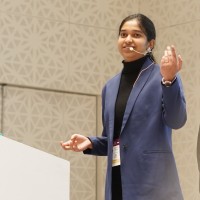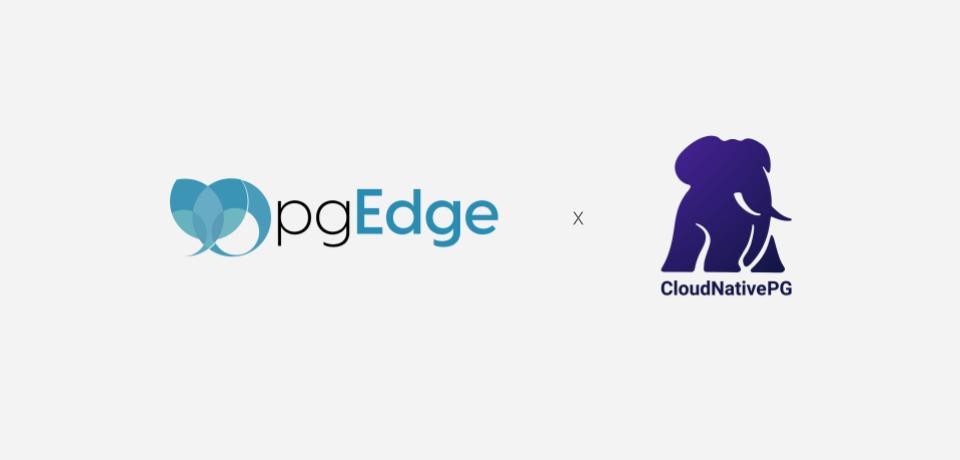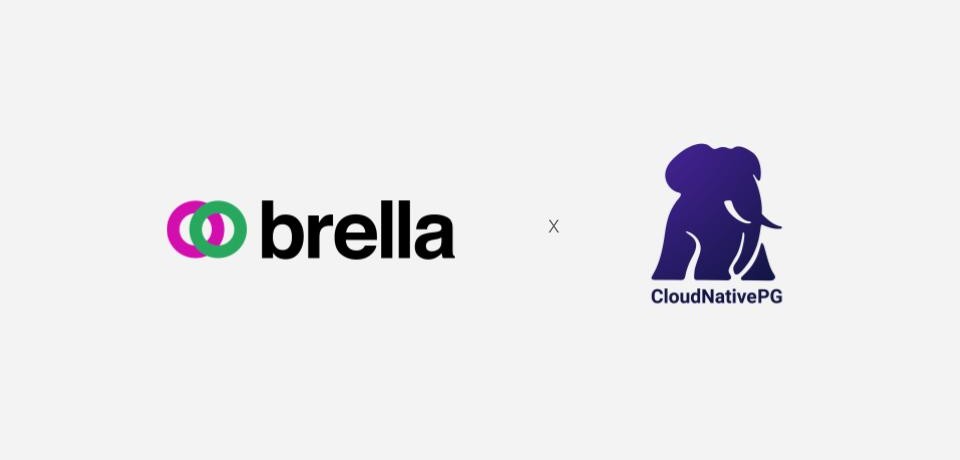CloudNativePG 1.28.0 RC1 Released!
November 7, 2025 • 2 minutes

The CloudNativePG Community is thrilled to announce the first release candidate of CloudNativePG 1.28! This preview release provides an opportunity to explore new features and enhancements before the final version is officially launched. While refinements may still occur, here’s a look at what’s new.
Key Features
Quorum-Based Failover Promoted to Stable
The quorum-based failover feature, introduced experimentally in 1.27, has been
promoted to a stable API. This data-driven failover mechanism is now configured
via the spec.postgresql.synchronous.failoverQuorum field, graduating from the
previous alpha.cnpg.io/failoverQuorum annotation. This enhances
failover safety and data durability
for high-availability clusters.
Declarative Foreign Data Management
We introduced comprehensive declarative management for Foreign Data Wrappers
(FDW) by extending the Database CRD. This feature adds the .spec.fdws
and .spec.servers fields, allowing you to
manage FDW extensions and foreign servers
directly from the Database resource.
This work was implemented by Ying Zhu (@EdwinaZhu)
as part of the LFX Mentorship Program 2025 Term 2.
There’s More…
Explore other improvements in this release, including:
- Introduced granular control over fine-grained security contexts,
allowing
securityContextat the pod level andcontainerSecurityContextfor individual containers. - Allowed providing custom TLS for PgBouncer for both client-to-pooler and pooler-to-server connections, taking precedence over operator-generated certificates.
- Added optional TLS support for the operator’s metrics server,
enabled via the
METRICS_CERT_DIRenvironment variable. - Enabled the
cnpg report operatorcommand to work with minimal, least-privileged access, gracefully handling permission errors. - Introduced the
alpha.cnpg.io/unrecoverable=trueannotation to automatically delete and recreate a replica pod and its PVCs.
Dive into the full details in the release notes for 1.28 RC1.
Testing
The stability of each CloudNativePG release relies on the community’s engagement. Testing your workloads with this release candidate helps identify bugs and regressions early.
- View the open issues for the 1.28 release.
- Report bugs directly on GitHub.
Release Timeline
CloudNativePG 1.28 RC1 is the first in a series of release candidates. Additional release candidates may follow as needed before the final release, currently planned for the second half of November.
Join the Community
Connect with our community on your preferred platform!
Thank you for your continued support of CloudNativePG. Your contributions help us advance the Kubernetes-native PostgreSQL experience.
Categories in this blog post
All categories
- Alerts
- Applications
- Bake
- Benchmarks
- Blog
- Chaos-Engineering
- Ciclops
- Cloudnativepg
- Cncf
- Cnpg
- Community
- Containers
- Continuous-Delivery
- Continuous-Integration
- Dashboards
- Dba
- Debian
- Devops
- Docker
- Documentation
- Docusaurus
- Extensions
- Failover
- FailoverQuorum
- FDW
- ForeignData
- Github
- Grafana
- Graphql
- Hasura
- Helm
- Hetzner
- Imagecatalog
- Images
- ImageVolume
- Information
- K8s
- Kubectl
- Kubernetes
- Lfx
- Linux
- Litmus
- Maintenance
- Mentorship
- Migrations
- Minecraft
- Modernize
- Open-Source
- Operator
- Pdb
- Performance
- Pg16beta1
- Pgbouncer
- PgTAP
- PGXN
- Pooler
- Postgres
- Postgresql
- Preview
- Programming
- Prometheus
- Rails
- React
- Release
- Ruby
- Service-Mesh
- Spotlight
- Sqitch
- Tablespaces
- Testing
- Tutorial
- UX
- Volumesnapshots








